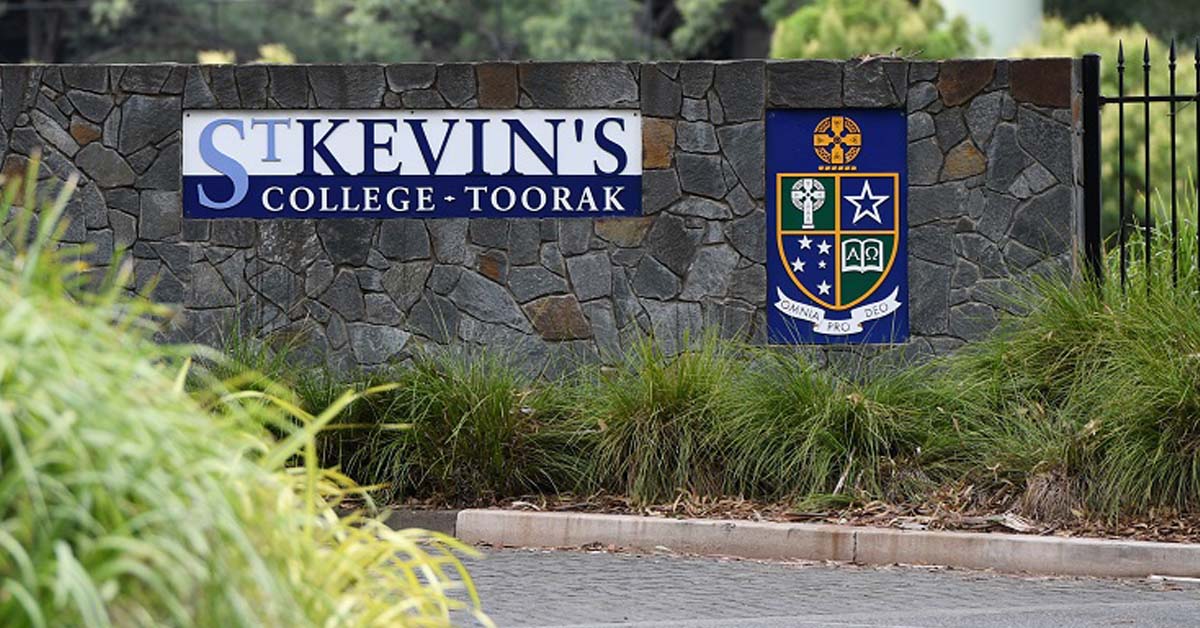
Fair Work Commission decision good news for un-vaxed nurses
A Fair Work decision that found BHP acted unlawfully and unreasonably when implementing mandatory vaccines is good news for un-vaccinated nurses.
The Commission found the mine failed to follow the consultation process outlined in the Work Health and Safety Act.
Victorian nurses who don’t want to take the vaccine have also appealed to the FWC to intervene in their case.
They claim their employer, Monash Health, also failed to consult with them before implementing a vaccine mandate.
The BHP direction
In October, Mt Arthur coal mine in NSW directed all workers to be fully vaccinated against COVID-19 as a condition of site entry.
The “Site Access Requirement” compelled employees to:
- have at least a single dose of an approved COVID-19 vaccine by 10 November; and
- be fully vaccinated by 31 January 2022.
The mine subsequently stood down 80 workers in November.
However, that number shrank to 50 the following day when more employees came forward with proof of vaccination.
The CFMMEU took their case to the FWC to determine if the vaccine mandate met the standard of a “legal and reasonable” direction.
Consultation requirements
According to the NSW Work Health Safety Act, employers must consult with employees about directions relating to work health and safety matters.
The employer must reasonably allow workers to:
- express their views and to raise work health or safety issues in relation to the matter; and
- contribute to the decision-making process relating to the matter.
Additionally, employers must consult workers and advise them of the outcome of the consultation in a timely manner.
Although the Enterprise Agreement also contains consultation requirements, the FWC did not consider these in its decision.
 NEXT READ Health & safety
NEXT READ Health & safety
“Qantas charged after standing down cleaner who raised COVID concerns”
The FWC ruling
The FWC found BHP failed to consult its workers properly before implementing the vaccine mandate.
The direction was therefore not “lawful or reasonable”.
“In our view, the employees were not given a genuine opportunity to express their views and to raise work health or safety issues, or to contribute to the decision-making process relating to the decision to introduce the Site Access Requirement.
“They were not provided with information relating to the reasons, rationale and data supporting the proposal, nor were they given a copy of the risk assessment or informed of the analysis that informed that assessment.
“In effect, the employees were only asked to comment on the ultimate question: should the Site Access Requirement be imposed?”
The FWC said the mine consulted employees far more about the implementation of the vaccine mandate than about the reasons.
It also failed to reasonably explain the rationale and data supporting the proposal to impose a mandate in the first place.
“There was no real explanation provided by [Mt Arthur’s owners] as to why there was a markedly lower level of engagement during the assessment phase,” the FWC found.
A specific case
However, the ruling doesn’t mean vaccine mandates will now be illegal at other workplaces in Australia.
The FWC’s ruling was based on a very specific point – the failure to follow the consultation process in the WHS Act.
It suggested if BHP followed a proper consultation process, the mandate may have been allowed.
Furthermore, it suggested the mine can impose a vaccine mandate by next week if it consults its employees properly ahead of time.
 LEARN MORE
LEARN MORE
READ THE FULL DECISION OF THE FAIR WORK COMMISSION
Victorian nurses
Meanwhile, a group of Victorian nurses who refuse to the take the vaccine has also applied to the FWC to intervene in their case.
They argue Monash Health failed to follow the consultation process outlined in their relevant Enterprise Agreements.
The move comes after the Federal Court rejected their application for an injunction preventing Monash from sacking them.
The Victorian government set a deadline of 15 December 2021 for all frontline health workers to be fully vaccinated.
Despite this, Monash has started sacked employees who have refused to comply with the directive to the take the vaccine.
Another failure to consult
The nurses belong to the Red Union, as opposed to the traditional Victorian branch of the National Midwifery and Nurses Union.
The NMNU encourages vaccination among its members.
However, Red Union members claim Monash Health failed to follow its own Enterprise Agreement by failing to consult with them about the risk and occupational safety of taking the COVID-19 vaccine.
Worker Law, the law firm representing the nurses, filed an urgent industrial dispute in the FWC.
It argues that Monash Health has admitted to breaching Section 50 of the Fair Work Act by not following the Enterprise Agreements.
The Agreements contain clauses that require staff to remain employed until a dispute is resolved.
Employment lawyer Stephen Dryley-Collins from Worker Law is highly critical of Monash’s conduct.
He said the organisation is continuing to dismiss staff, despite the dispute remaining unresolved.
“We believe the action to terminate the employment of long serving loyal workers is not only unethical, we also believe it is unlawful,” he said.
“At the very least, Monash Health could have given them the courtesy of consulting with them about the issues before threatening their livelihoods with a compulsory jab.”
Mr Dryley-Collins said if the FWC doesn’t intervene, he’ll take the case to the Federal Circuit and Family Court of Australia.
A number of Queensland-based Red Union nurses who are refusing a COVID-19 have also launched legal action to save their jobs.
 NEXT READ Serious misconduct
NEXT READ Serious misconduct
“Aged care worker sacked for refusing flu jab loses unfair dismissal claim”
Evidence about vaccines
In handing down its BHP decision, the FWC noted the current evidence about COVID-19 vaccines.
Marylouise McLaws, Professor of Epidemiology, Healthcare, Infection and Infectious Diseases Control at the University of NSW provided the information.
- All COVID-19 vaccines currently available in Australia are safe and any adverse effects are usually mild.
- COVID-19 involves a high burden of disease, greater than influenza.
- Any infected person is at risk of developing illness from the virus, which may lead to death.
- There is a much higher risk of developing serious complications and dying from acquiring COVID-19.
- An unvaccinated person is more likely to acquire COVID-19 from another unvaccinated person, rather than a vaccinated person.
- Vaccination is the most effective and efficient control available to combat the risks posed by COVID-19.
- While measure such as mask wearing and social distancing can reduce the transmission of COVID-19, their effectiveness depends on people applying them correctly and consistently. They do not provide a substitute for the constant protection offered by vaccines. Nor do they reduce the risk of developing serious illness once somebody acquires an infection.
- Even with high vaccination rates in the community, COVID-19 will remain a significant hazard in any workplace in which there is a possibility that people will interact or use the same common spaces (even at different times).
Last week, experts revealed an unvaccinated person is 20 times more likely to transmit COVID-19 compared to a vaccinated person.
NOW WATCH:
Please call our specialist team at Fair Work Claims today on
To connect with us, please follow us on
Fair Work Claims is a private consultancy and advocacy firm with no affiliation to any government agency, commission or tribunal.




